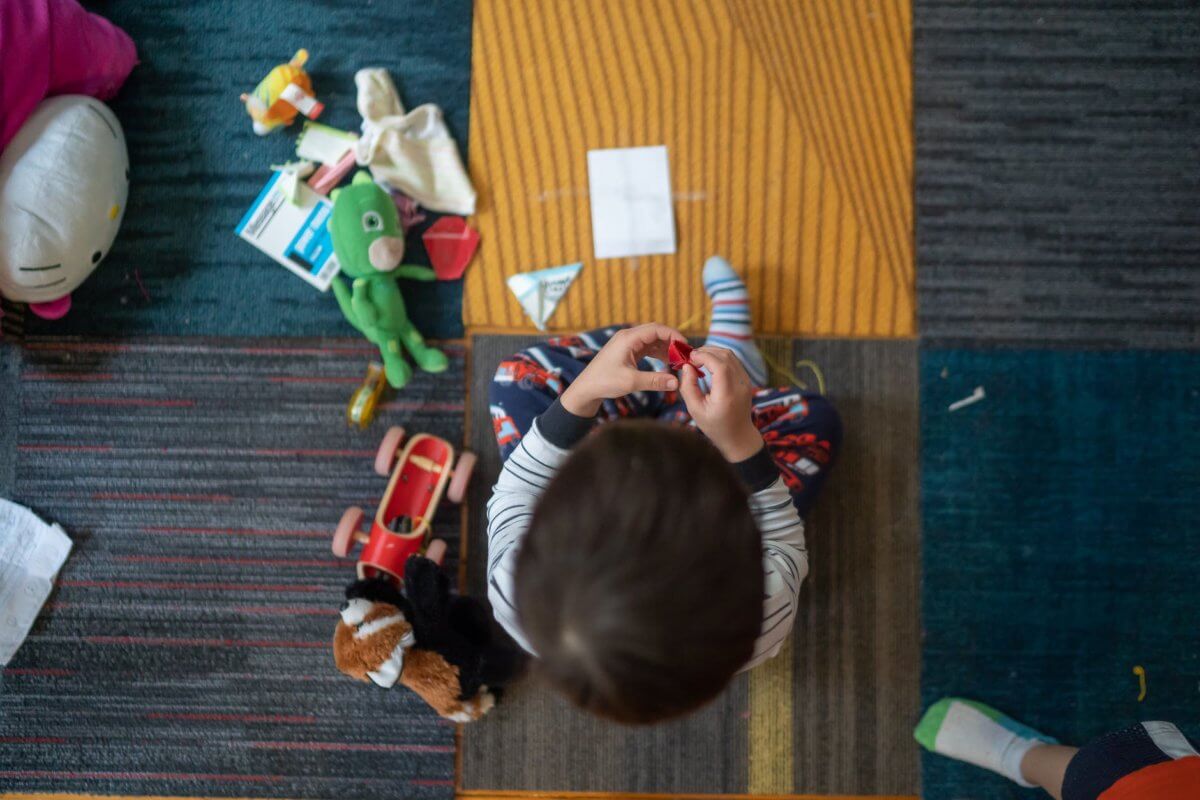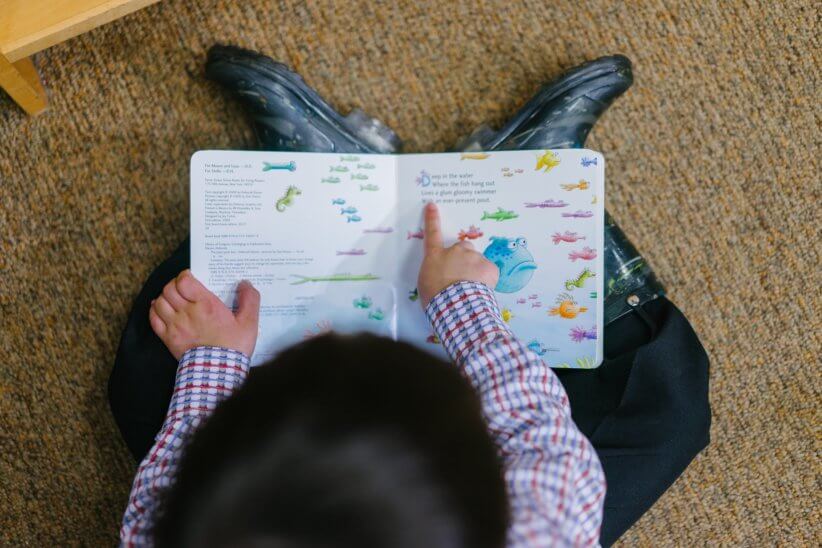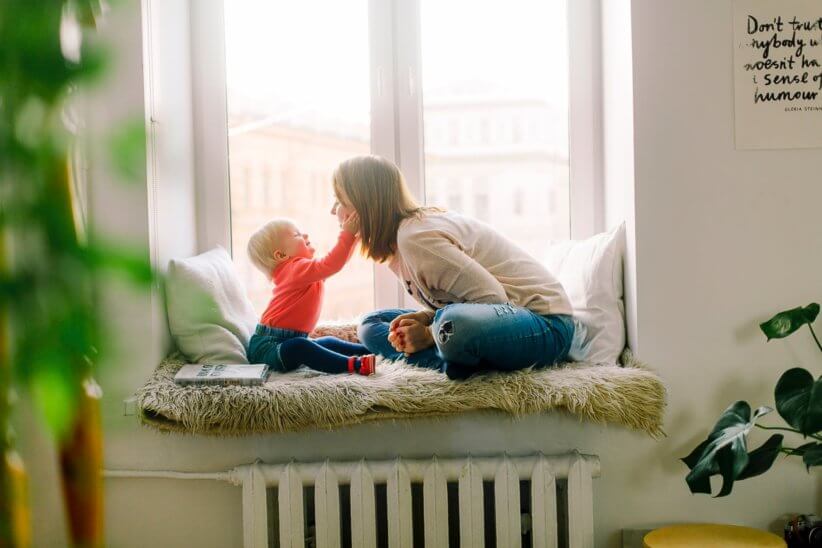
Maria Montessori was an Italian doctor and educator. From her work of analyzing children, the Montessori Method was born. It stresses the importance of focusing on kids and their own natural abilities through play. This method lets children learn through exploration of the senses without the help of adults. Montessori firmly believed that kids could teach themselves certain things by interacting with their environment. Her method can help develop language skills, motor skills and so much more.
At first, the Montessori method can seem daunting. As a parent, it can be a struggle to accept the idea of giving your child more freedom when it’s your job to protect them. The good news is that it’s easier than it seems to incorporate into the lives of your kids! At the core of it, the Montessori method is about observing your child, seeing what they like, and giving them gentle direction when needed. There are tons of things you can do or get that fall in line with this method. We’ve rounded up some tips to keep in mind when trying to bring Montessori into your home.
If you want more ideas for educational tasks for kids, check out Jillybeans new classes and activities.
Talk to Your Child
Whether it’s a conversation, reading or even singing – communicating to your kids in a gentle but normal way can help them gain language skills earlier on. Tell your kids jokes, ask them questions, talk about things that might interest them. Genuinely listen to what they have to say as well. Keeping up a respectful but meaningful conversation is a skill that will be useful no matter where they go in life. Simply talking is a great way to promote social development in a safe environment.

Keep Things Fresh
Try rotating the selection of toys and books on display for your kids. Having everything out at once can be overwhelming and can put less of a focus on toys that are actually helpful to development. Leave your child’s favorite toy out but also make sure to include items that are focused on the use of imagination. That means less shiny battery-operated toys!
Also, be sure to let them pick what they want to read or play with. Letting them be free with what materials they choose can give you a better idea of what captures their attention and will let you better provide for them. With fewer distractions, they can concentrate better on one task.
Stay Organized
Make sure items like clothes, toys, etc have a designated area. Your child will pick up on where everything belongs with time. It might seem easier to just dump everything into one big basket, but in the long run, having separate areas for everything will go a long way.
An important part of this tip is to keep all these items on low shelves that your child can reach them. The accessibility will mean that your child will be more willing to put everything in its place. This is essential for kids to learn responsibility for their belongings. Plus, a sense of routine is also very helpful.

Let Them Help
Ever sweep your kitchen and see your child eyeing the broom? You’d be surprised exactly how much kids want to do what you do. Involve them in your daily chores, especially those they show interest in. For example, let them set the table, water the plants, wipe a counter or help put things away. The Montessori method aims to let kids do things by themselves, so make sure to guide them from the sidelines. These small actions drive home the points of organization and responsibility. Successfully completing tasks can also boost self-confidence in your child. That being said, emphasize the process and not the end result. As your child is learning these skills, they won’t start out perfect but they’ll get better with practice.
Set Up a Playdate
Kids are quick to make friends with one another and that’s good! If their friends aren’t the same age, it can be pretty beneficial to them. By having your child be around kids of different ages, it creates an opportunity for them to learn from one another. It also fosters a sense of acceptance and shows the importance of inclusion. For this very reason, Montessori classrooms put different age groups together. For example, 3 to 6-year-olds would be in the same classroom.

Be One With Nature
The best place to let your child make use of their senses is right outside. Go for walks or head to the park. Let your child collect leaves and lay in the grass. You can even bring the leaves inside the home and make a nature table. It all depends on the season, so if it’s summer, the table will have shells and sand, but if it’s autumn, it’ll have pumpkins and apples. Nature is filled with sensory experiences and having a connection with it can raise your child’s perception and admiration for the world around them.
DIY Is Your Friend
Doing hands-on activities is always a plus. Exploring, manipulating and playing are all essential parts of Montessori’s method. Creating things from scratch help with creativity and reasoning. They can do everything from help making a holiday-themed costume to making slime and much more!






















